Across my 28 years as a superintendent, I’ve had the privilege of leading four varied districts, from small exurban to large urban to suburban. In each district, I made social and emotional learning (SEL) a priority because people matter—and school culture matters—and because the way we treat each other affects how well we work and live together. That is as true for the adults in the school as it is for the children we teach.
What I’ve learned from practicing and leading the work in SEL is that teaching a social skills curriculum is not enough. SEL must be applied intentionally, minute by minute and situation by situation, to enable children and adults to see themselves as part of an inclusive community where everyone feels known, respected, and cared about. I’ve also learned that acknowledging and honoring the diversity among us is the glue that seals the sense of community in the classroom or school.
Building capacity among adults for SEL, then, entails much more than offering professional development in teaching social skills. It means living and modeling those skills within the daily culture of the school. From faculty meetings that incorporate SEL strategies, to the respectful voice extended to all staff members, to the courageous conversations that take place to resolve differences, the culture of a school—as displayed through adult interactions—should embody the same elements we are seeking to create and nurture in each classroom. The values of care, respect, and thoughtfulness are the very foundation upon which community is built.
This is not an easy task. Few come to this work with a deep understanding of what it means to be a member of a community, and even fewer have the skills to support growth and manage conflict in ways that foster a sense of community. The U.S. is a highly autonomous, individualistic, and competitive culture, where being a member of a community means being with our family, others similar to us, or individuals who hold comparable opinions and perspectives. Community, particularly an inclusive community, is much more than that. It is experiencing a sense of connection with others, appreciating each individual’s uniqueness, valuing the perspective of those with whom we differ, and understanding that our actions impact the well-being of others.
The first step we can take both as educational leaders and as faculty members is to acknowledge that we are all learners when it comes to building community, and that it will take the collective and reflective efforts of each individual to support the community’s growth and, as a result, our own.
Dr. Sheldon H. Berman is the superintendent of the Andover Public Schools in Massachusetts. He has implemented systemic SEL programs in each of the four districts he has led and authored numerous articles and books on SEL topics. He is a recipient of the 2020 Mary Utne O’Brien Awards.
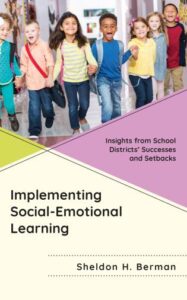
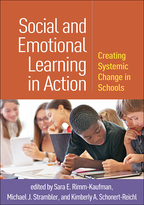
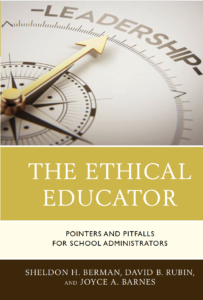
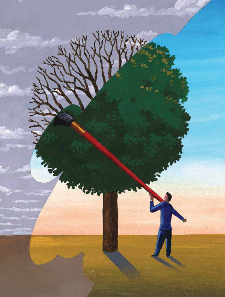
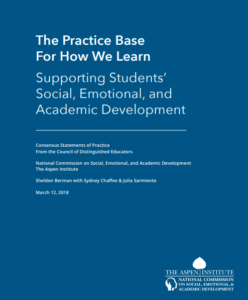
Leave a Reply